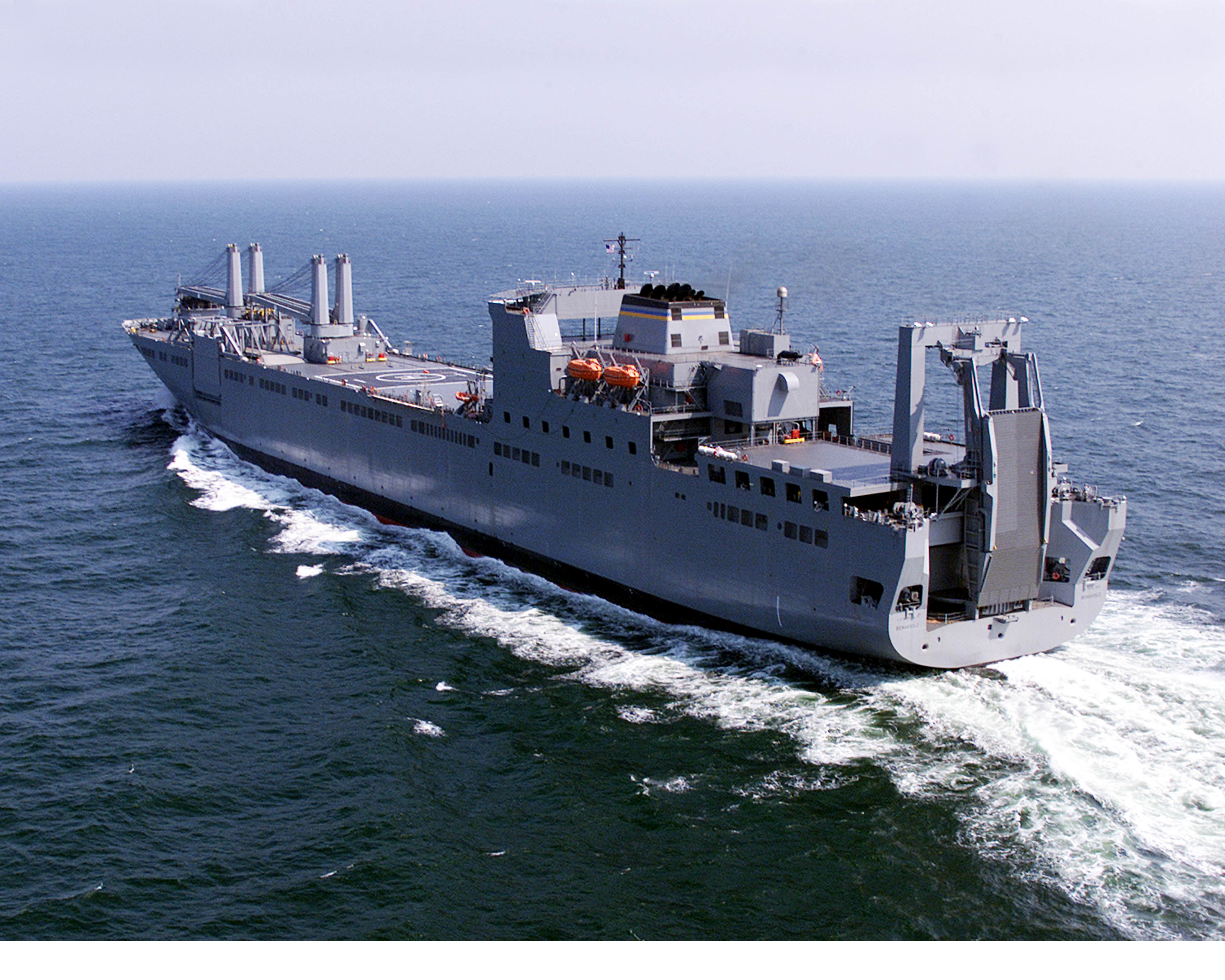
The transport of nuclear fuel by sea through the Irish sea, a concern to the Celtic League for many years, has once again been making the headlines.
Almost a decade ago we accepted an invitation from BNFL to visit their facility at Barrow to view their transport ships and see the enhanced safety systems in place.
At that time our concerns were exacerbated by news that the transport of some material was being undertaken by a converted Ro Ro vessel which did not have the enhanced safety features that other purpose-built nuclear transports had.
This week again the same concerns surfaced when the Independent on Sunday (IoS) ran a story saying that:
'the Nuclear Decommissioning Authority, which owns Sellafield, is to take it on an old roll-on roll-off ( Ro Ro) ferry with few security and safety features – even though it has used armed and better-equipped vessels to transport less dangerous nuclear materials in the past.'
The IoS declined to name the vessel or speculate on its route but the ship in question is very likely the same Ro Ro vessel which sparked out concerns several years ago, the Atlantic Osprey (formerly the Arneb). It is also clear that if it is the Atlantic Osprey it will probably leave from a North Cumbria port as a simple search on an internet shipping site throws up her current location.
Despite the sensationalism of the IoS story the main point at issue is safety. All of the vessels the Celtic League saw at Barrow had duplicated safety systems and were classified at INF 3, the highest IMO standard for such vessels. The officers and officials who spoke to the League freely admitted that the ideal standard for nuclear transport is INF 3 and the implication was clear that if the choice was theirs then the Ro Ro (INF 2) option would not be used.
Despite the assurances we were given about the transport of nuclear material by sea we remained sceptical about safety. What is also unquestionable is that if UK agencies that carry out these transports are to continue to do so then the vessels used should adhere to the highest safety standard set by international maritime law i.e. INF 3.
The Irish and Manx governments should press the UK to end shipments on this antiquated Ro Ro vessel. They pose a major risk to our marine environment.
Related article on Celtic News at:
(voir le site) (voir le site) (voir le site)
British Nuclear Transport Vessels at:
J B Moffatt Director of Information Celtic League
14/03/08
 The Celtic League has branches in the six Celtic Countries. It works to promote cooperation between these countries and campaigns on a broad range of political, cultural and environmental matters. It highlights human rights abuse, monitors all military activity and focuses on socio-economic issues.
TEL (UK) 01624 877918
MOBILE (UK)07624 491609
(voir le site)
The Celtic League has branches in the six Celtic Countries. It works to promote cooperation between these countries and campaigns on a broad range of political, cultural and environmental matters. It highlights human rights abuse, monitors all military activity and focuses on socio-economic issues.
TEL (UK) 01624 877918
MOBILE (UK)07624 491609
(voir le site)